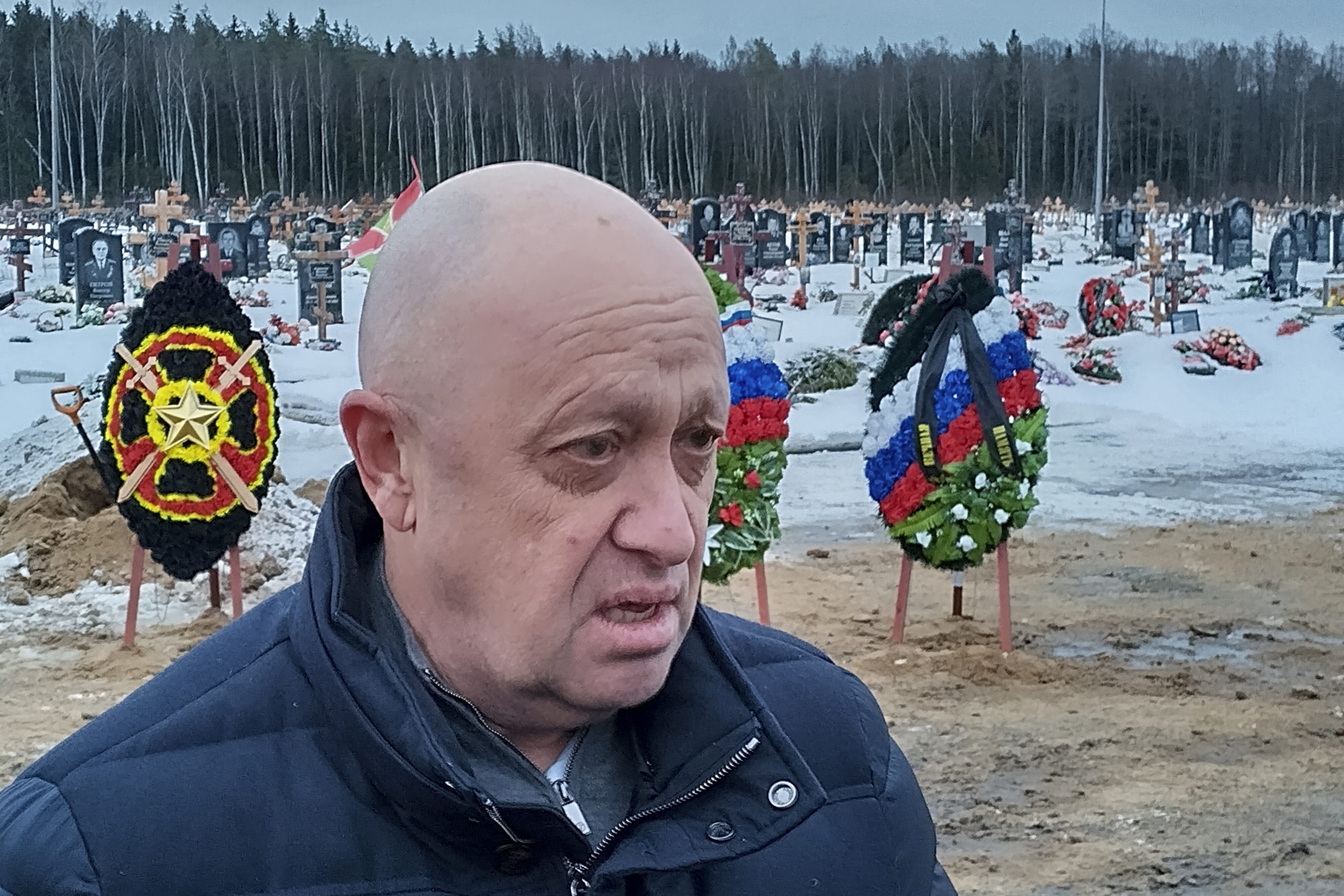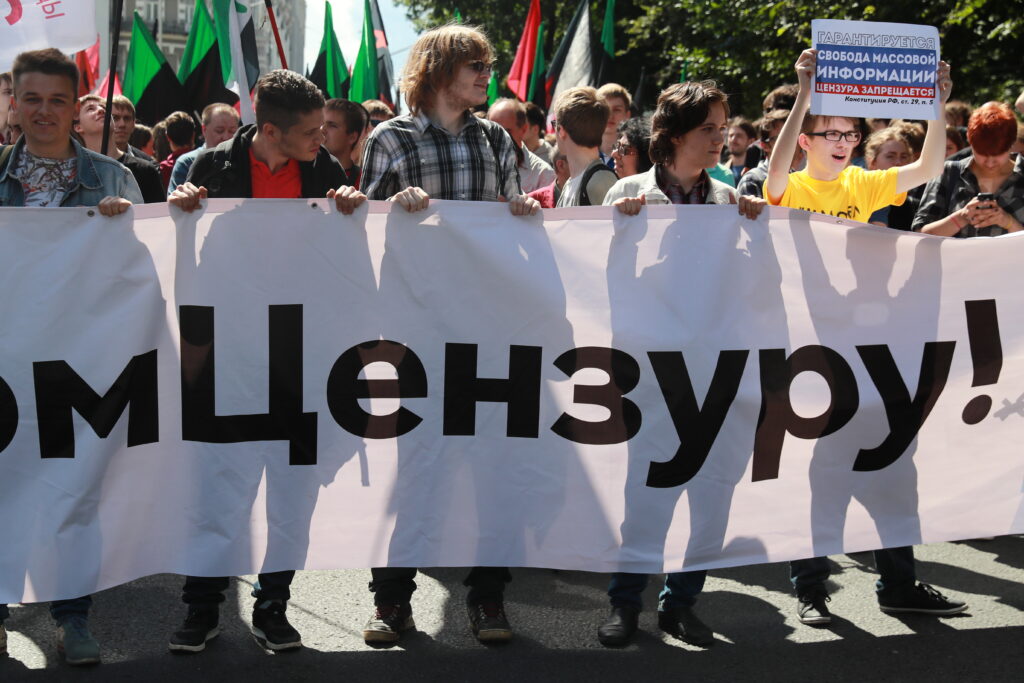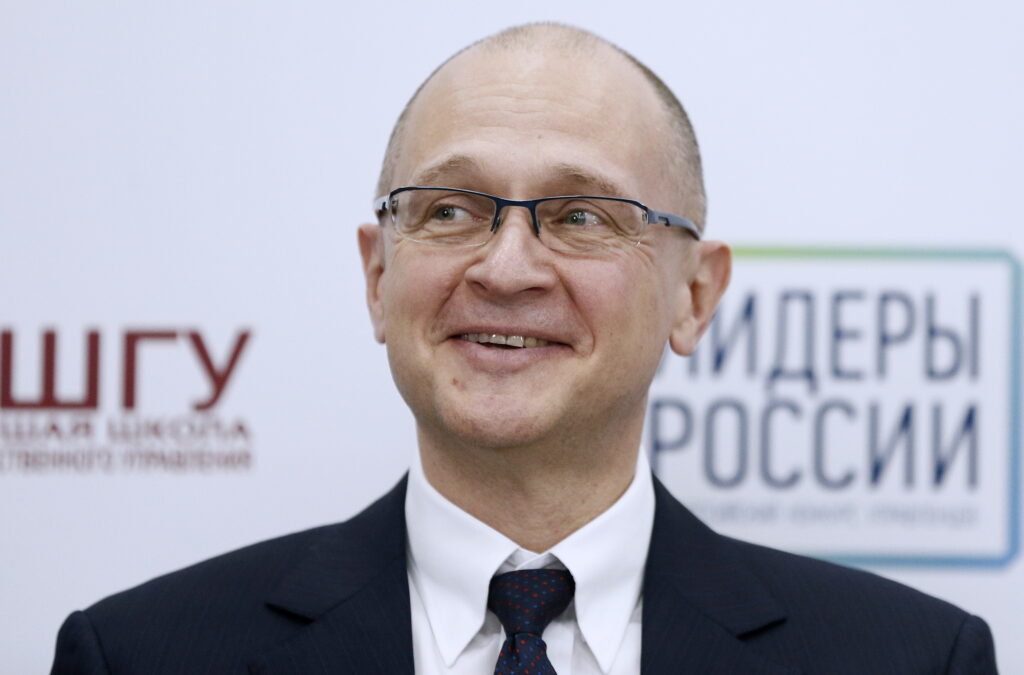Russia’s imitative model of representative politics — namely its party politics — came to a halt after the February invasion of Ukraine. Duma parties had two choices: either fully support the war and do it more radically than the Kremlin (this is what «Just Russia», the «Communist Party of the Russian Federation» and «Liberal Democratic Party» did). Or pretend that in the «new reality» there are only «economic difficulties» that must be dealt with, trying not to notice the war itself (the «New People» went this way). Only «Yabloko» came out strongly against the invasion of Ukraine; except it is not represented in parliament and does not have a wide media presence in state-affiliated and loyal outlets. No one talked about new plans, strategies, personalities. What kind of politics could there be when the guns are talking?
However, by the end of the year, party political news and rumors began to swirl once again. There is information about the Kremlin’s plans to create new parties; the old parties are inviting new recognizable figures to their congresses and rallies; «warlords» begin to constantly generate newsworthy events with or without the context of war. There is a feeling that Russia at war will face some important elections, for which both the presidential administration and the parties are preparing, although the next elections to the State Duma will take place in five years and presidential elections are more than a year away. If you listen in detail and thoughtfully to this white noise, the political value and weight of this news may not prove that significant. Even so, the desire to generate and discuss those news suggests that the politicized part of Russian society is tired of military uncertainty and is looking for ways out.
Announcements in the wake of rumors
Since the beginning of December, the LDPR has fueled interest in itself and its «rally». The party invited the founder of Wagner PMC Yevgeny Prigozhin to its annual event. Prigozhin responded to the invitation in his usual spirit and refused the offer. LDPR instead invited another «businessman» — Viktor Bout, recently released from prison in exchange for basketball player Brittney Griner. He had been convicted in the United States for arms trafficking. Bout became the main public figure of the event, and even joined the party, which prompted talk of the party’s strengthening through his figure. Rumors began to appear on telegram channels about the nomination of Bout to the State Duma in one of the single-mandate constituencies. LDPR continued to generate rumors: after Bout, United Russia MP Maria Butina is supposedly joining LDPR as well. She was also convicted in the United States but for violating the law on foreign agency and was suspected of lobbying for Russian interests. After her release, Butina was known mainly for her fierce anti-opposition rhetoric. The LDPR tried to build hype around new (Bout) and relatively new (Prigozhin) figures in the current news agenda, and it has in some ways succeeded.
At the same time, rumors about the creation of a «party of military correspondents» or «war veterans» with Ukraine began to swirl in popular telegram channels loyal to the authorities. Allegedly, the Kremlin decided to work with the opinion of the pro-military-minded audience and create a niche party for them. For those familiar with the political style of the first deputy head of the presidential administration, Sergei Kiriyenko, and his team, this rumor might seem quite plausible. Shortly before the 2021 State Duma elections, the presidential administration created several niche parties — «New People» for urban audiences, «Green Alternative» for people passionate about the eco-agenda, and the «Direct Democracy Party», also known as the «Tank Party», for gamers. In addition, for the campaign, Kremlin revived the «Pensioners’ Party». The «New People» got into parliament; the «Pensioners» got a good result. Therefore, the rumor about the «party of military correspondents» seems logical enough too. After the start of the war, a niche of its ultra-patriotic supporters appeared, and Kiriyenko does not like to keep the niches unrepresented. In addition, military men are welcomed by Vladimir Putin himself: recently the president included them in a working group on mobilization.
Finally, the aforementioned Prigozhin burst into the public agenda and is not going to leave it. He denies he is a public politician, all while this «businessman» comments on current events, criticizes enemies and praises allies. The reality is, Prigozhin has been a public politician for quite a long time. The founder of Wagner broadcasts a clear anti-elite agenda, not afraid to provoke the audience to guarantee attention. For example, Prigozhin began to speak respectfully about the Ukrainian military and President Vladimir Zelensky, which none of the notable Russian politicians has done or is doing before him.
Everyone is good
Constant news and rumors about what is happening in the public political domain gives the impression of a revival of political life in Russia, which after the outbreak of the war fell into suspension. However, if we analyze each case separately (except, perhaps, the case of Prigozhin), it quickly becomes clear this is just white noise, which, however, is echoed loudly in the political void created by the war.
Let’s start with Bout. The very exchange of prisoners with the United States does not make the arms baron a popular political character. Bout is a news hero for obvious reasons — but nothing more. Most likely, the majority of Russians do know the name of Bout; though this does not mean they will vote for him. Nor would his name endear them to any party he is part of. Especially since no Duma elections are coming. People can support a politician for a principled position, for fresh ideas, for plans for specific reforms, and, in the end, for bright charisma. Bout has none of this. Propaganda can cause sympathy for Bout, as a character unfairly treated by strategic enemies, but it will not get him votes. The Kremlin can still of course make Bout an MP — this happened to Andrei Lugovoi, an intelligence officer who was involved in the poisoning of former FSB officer Alexander Litvinenko. Incidentally, Lugovoi was nominated in 2007 as number two on the LDPR list and still sits in parliament, submitting bills sent down from the Kremlin for consideration by deputies. Over the years, Lugovoi has not turned into anything close to a popular politician; in fact, he is not even well-known. A similar fate will await Bout — the Kremlin will pay off the «executor of delicate assignmenta» with a safe seat in the Duma but little else. So it was with Lugovoi, so it was with Maria Butina, who was number two on the United Russia list. Making Bout into an MP will not be the birth of a new star in the political sky.
The same goes for the «nomination» of former finance minister Alexei Kudrin to be the presidential candidate for the «New People» party. The ex-official got into the headlines initially in connection with his dismissal from the Accounts Chamber and his new role at Yandex. Kudrin did not make any statements about the elections or joining or starting a party. We analyzed the rumors about him in detail in the text about Kudrin’s transition to Yandex. The ex-minister of finance himself refused to participate in party politics even in freer times, so he is unlikely to want to become a spoiler in the presidential election; this role simply does not correspond to the gravitas of Kudrin. Besides, for the Kremlin, an overly strong spoiler candidate is an extra problem. Of course, the administrative mobilization and falsification of the voting results gives the Russian authorities the opportunity to churn out any figures. But the very nomination of a more or less serious candidate will force the Presidential Administration to make serious efforts: this was the case in 2018, when businessman Pavel Grudin as KPRF candidate and was not considered a serious opponent of Putin in the Kremlin. As a result, the newcomer began to climb in the ratings, before subjected to an all-out PR vendetta on all TV channels. The presidential campaign was dirty, which was hardly part of the presidential plans. In addition, the correction of the results may cause dissatisfaction for the electorate who voted for their candidate. Why do this if you can find more compliant sparring partners for Putin? Nevertheless, the rumors about Kudrin are being discussed as something real, and the New People party is fueling these discussions.
Meanwhile, the «party of military correspondents» may be logical in the context of Kiriyenko’s politics, which builds niche projects. Yet it will most likely not be created for several reasons — and even if it does, it will become a disbursement project. Firstly, the audience of top military correspondents is about 1.3 million people; but adding up the audiences of different channels is pointless: they are monitored by the same people. And among them there are not only supporters of escalation and «fighting to the end» but also regular Russian Internet users who want to receive at least some truthful information about the course of hostilities (propaganda is limited to victorious reports), and opponents of the war. Let’s say that the pro-war audience of all z-channels is 1−1.5 million people. That is, this is a percentage and a half of the total number of voters in Russia.
So even if this warrior electorate is fully mobilized, it will not ensure that «their» party enters State Duma. And again, it is far from sure that the pro-war audience recognizes military correspondents as politicians because mere fame is not enough for electoral popularity. Besides, federal parliamentary elections are still very far away. So, it is simply irrational to build a niche project based on a situational agenda. It is likely that completely different issues will be relevant in 2026 and the Kremlin knows how to channel the moods of minorities in other ways. For example, the inclusion of prominent figures from a certain niche in the Human Rights Council or the Public Chamber — which, in fact, has already happened to the military correspondents.
Of course, some of the military correspondents and political technologists themselves benefit from such talk; the approval of the project by the Kremlin means it is financing it. But these games for Kremlin’s budgets should not be perceived in the context of big politics.
Prigozhin stands a little apart in this. He acts like a public politician: he criticizes enemies, tries to stand out from the mainstream with uncharacteristic respectful statements about Ukrainians, while he is radically determined to «fight to the end». It is quite possible that he does not say all this sincerely, building his image, but Prigozhin plays politics seriously. He has the financial resources, muscle political technology levers for such games; and it is likely that he can achieve some result, especially since the founder of Wagner is considered to be a man from the circle of the Kovalchuk brothers — Putin’s longtime confidants.
Prigozhin can create a political project if it is approved by the Kremlin. In the recent past, he failed to gain control over the Rodina party on the eve of the State Duma elections and even nominate candidates from it to the Legislative Assembly in Prigozhin’s native St. Petersburg. The «businessman» failed to remove St. Petersburg governor Alexander Beglov, with whom the founder of Wagner has long been in conflict (at the same time, Beglov cannot be attributed to the realm of political heavyweights). The future of Prigozhin’s project depends on the top leadership of the country; it is far from certain they will approve the businessman’s participation in politics. Prigozhin is too direct and unpredictable.
Dreams of a weary society
Despite all of the above, the politicized audience clings to Bout, Kudrin, military correspondents, Prigozhin and tries to drag them into big politics. If tomorrow there are some movements in the government, the governor’s corps, a big businessman makes a bright statement, the people involved in the news will almost certainly be attributed political ambitions and some future scenarios will be associated with them. Why is this happening? The Russians are tired of news about the war and the war itself, they are waiting for the Kremlin to begin negotiations and more and more citizens consider the start of the war a mistake. TV channels are forced to return entertainment programs on air, because geopolitical shows are rapidly losing viewers.
Russian society wants to return to pre-war normality, and even imitative and completely controlled by the Kremlin policy is also part of this normality. That is why the politicized part of this society delegates the heroes of the current news agenda to politics, throwing on them a grid of scenarios already familiar from previous years. Kudrin goes to Yandex? Why not imagine him a leader of another political party and presidential candidate. Why is he worse than Mikhail Prokhorov of the 2011−2012 model? Is Prigozhin active in the public arena? That means he is doing something political añalready. Got Bout back — let him join the game too.
Even the leaders of systemic parties are beginning to act in this logic. Gradually, from the dreams of politics, an alternative political reality begins to form, in which the arms baron suddenly becomes a heavyweight capable of strengthening LDPR and «military correspondents» also turn into promising leaders. Any big appointment or an award (like Bout’s hypothetical MP status) begins to look like a political sign, a hint of changes to come. A war-weary society plunges into a lethargic sleep, its politicized part is no exception, its political dreams give birth to monsters. These strange dreams of people are prompted by events that have nothing to do with domestic politics. Deputy Chairman of the Security Council Dmitry Medvedev is sent to China as the leader of the ruling United Russia party and there he meets with the head of the Chinese Communist Party and concurrently with the leader of this country, Xi Jinping. Popular political telegram channels immediately begin discussing Medvedev’s unexpected rise and returning him to the status of number one successor. In dreams about politics, everything is exaggerated. Bout suddenly becomes a political heavyweight. Kudrin is aiming for presidency; the military correspondents become new Duma MPs.
These dreams even seem true. After all, the authors use the real logic of the political bloc of the Presidential Administration, linking it with military everyday life. Most likely, these dreams of politics will have very little to do with reality. The Kremlin does not need politics in wartime; it has enough repressive mechanisms to block any undesirable manifestations of it. After the war, politics can revive — either in a free form in the event of the fall or transformation of the regime, or in a controlled form if Putin remains in power. But it is unlikely to be anything like the dreams and nightmares of the war years and their monster-heroes.










